Minister of Mines and Mining Development Hon Winston Chitando’s US$12 billion dollar Mining Economy will be realized sooner rather than later after his ban on exporting ‘the white gold’s raw is set to save USD$2 108 494 944,58 Billion, government was Losing From Exporting Raw Lithium.
This in turn will bring a fundamental shift in Zimbabwe and broadly, the southern African economic landscape following Minister Chitando’s unprecedented lithium ban.
In an exclusive interview with TechnoMag, Minister of Mines and Mining Development made it clear that, “Zimbabwe’s USD$12 billion Economy is underpinned by 6 major minerals plus other activities. Firstly it’s underpinned by huge increases in platinum, which is based on 3 new projects, the Karo Resource Project, …then we also have the Great Dyke Investments in Darwendale, then we also have the Bavura Project by 2023.
“Over and above that we do have the expansion function by Mimmosa, Unki and Zimplats. So the platinum sector, the target is Usd$3billion by 2023 based on the capacity and expansion.
“Then we also have gold, large scale Mining and small scale Mining.On the large scale Mining, wel have notable projects which include but not limited to Shamva Mine whose reopening was graced by His Excellency.Which will produce up to five tonnes.Eureka which will do one and half tonnes.And lots of expansions and new projects involved.And then the artisanal gold which we are targeting to have 100 tonnes per annum.Admittedly we witnessed a slump.
“Then we also then have diamond where we have four players. Zvdc anjin alrosa with projects in malipati near Beitbridge and Tsholotsho.Then Marowa Diamonds undertaking a Usd$150 million expansion project.
” Over and above that in the Mining sector we are also looking at the beneficiation of the diamonds.
” Then the third Mineral we have is Chrome targeting a usd $billion, zimalloy, zimasco all increasing the capacity.Manhize will contribute to the billion..
“We are also looking at coal and it’s going to be a massive..zzee power plant zzc, jian, the subsequent value addition.
“We have a number of associated projects…
“We also have projects which include but not limited to granite, Lithium and we also have oil projects, so yes we are on course to the USD$12 billion mining Economy.”
Chitando’s exclusive interview with TechnoMag revealed the African continent is seeing a shift in its economic landscape, with Zimbabwe recently banning all raw lithium exports after the government said it was losing USD$2 108 494 944,58 billion from exporting it as a raw mineral and not processing it into batteries locally.
President Mnangagwa’s spokesperson former Perm Sec George Charamba said the law had been drawn up following “a beeline of 30-ton trucks full of lithium ore from Sandawana (mine) to the sea en route to different destinations of the world.
“When the government caught up with the mischief, it looked for an appropriate law to deal with the illicit flow of high-value ore,” Charamba toed the line.
The Presidential Spokesperson said the ban came days after President Emmerson Mnangagwa said a new law would target hordes of artisanal miners who were drawn by the mineral’s high prices and invading abandoned mines to dig for lithium-bearing rocks.
The Head of State and Government and Commander in Chief of the Zimbabwe Defence Forces Dr Mnangagwa said the raw lithium was being exported through neighbouring countries.
As explained through his official Spokesperson Charamba that miners for a long time had been aware of the government’s stance on value-addition driven by its long-term economic vision.
“Government has for a long time been having conversations about value-addition, so no one here has been caught unawares. President Emmerson Mnangagwa’s vision is to industrialise the economy, and we have to be serious in terms of value-addition so that we fully industrialise the Zimbabwean economy,” he said.
The paradigm policy shift by the Second Republic is the first by any country on the continent, according to him whereas for years Africa has not benefited fully from its rich natural resource endowment. Hence the government’s move demonstrates its determination to industrialise the economy in line with Vision 2030.
Many Energy experts weighed in on Zimbabwe’s ban by Minister Chitando, saying it was a good move for Zimbabwe in terms of taking control of the raw materials produced by the country.
“As a CEO of a mining company aspiring to diversify into critical minerals like lithium, just a thought of a possible collaboration in manufacturing lithium batteries in southern Africa is at the centre of Exxaro’s purpose of powering better lives in Africa and beyond,” said Nombasa Tsengwa, CEO of mining company Exxaro Resources.
A senior analyst in the sustainable mobility and energy storage department at GreenCape, a non-profit organisation in Cape Town, said this shift was needed.
“It’s interesting to see that Zimbabwe has now banned the export of unprocessed lithium ore in a bid to attract investment in local lithium beneficiation.
“Zimbabwe holds Africa’s largest lithium reserves – the fifth-largest globally. The province of Masvingo is home to the Bikita mine (with reserves amounting to 10.8-11 million tons of lithium ore. With a grading of 1.4%, this would amount to around 0.15 million tons of usable lithium,” he said.
Ernest Mulibana spokesperson for South Africa’s Department of Mineral Resources and Energy, the Department of Trade, Industry and Competition, and the Department of Science and Innovation were in the process of developing a battery minerals beneficiation value chain master plan in collaboration with industry and organised labour.
The master plan will guide the beneficiation of minerals in battery production once finalized. To date, only Polarium (a Swedish battery manufacturer) is known to be assembling lithium-ion batteries in South Africa.
“Zimbabwe is a sovereign state that has the right to make its own economic and trade policy decisions informed by national interest.
“Bilateral, regional, continental and international agreements and protocols are in place to ensure that countries balance domestic imperatives with international obligations and compliance,” Mulibana added.
Most sought after, Lithium is a mineral used as a component in electronic batteries for mostly cars, cellphones and computers. It is so valuable that it is known as “white gold”, and its price has gone up by 1 100% in the past two years alone.
This alkali metal is found in small amounts in minerals such as spodumene, petalite, lepidolite and amblygonite, as well as in indigenous rocks and waters of some mineral springs. It’s produced through the electric decomposition of molten lithium chloride and potassium chloride.
The country holds some of the world’s largest reserves of hard-rock lithium, a vital mineral in the production of clean energy technologies.

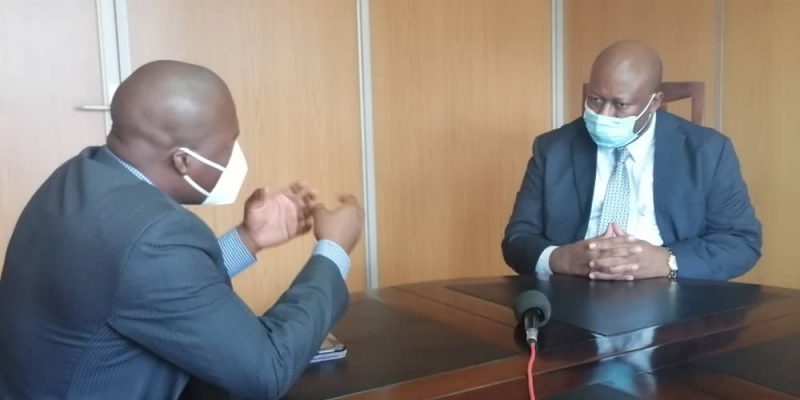
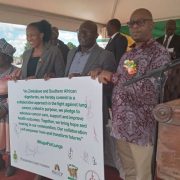
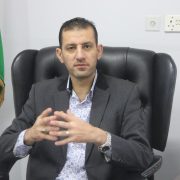


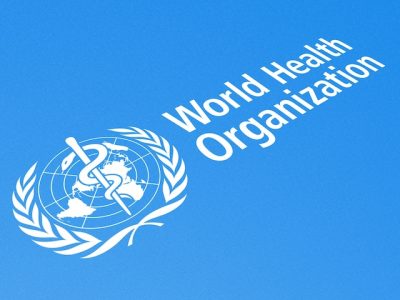
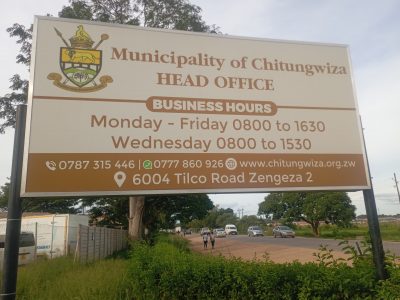

Comments